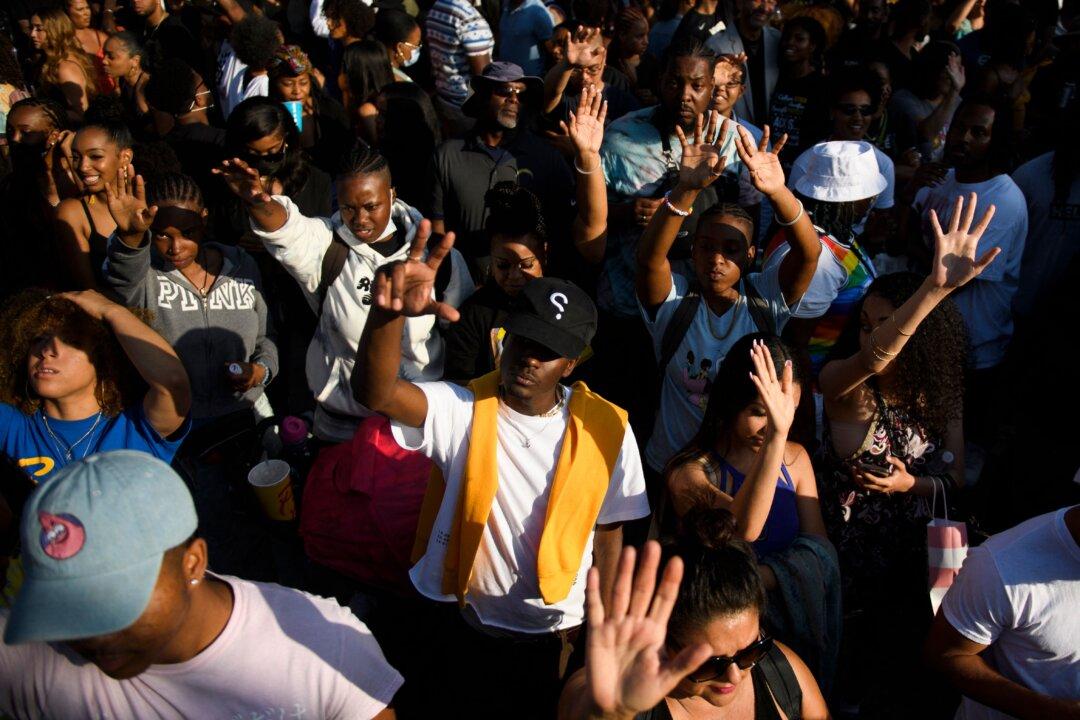Commentary
As America grows more diverse—and California most diverse of all—the last thing needed is government programs pushing racial division. But that’s just what a recommendation released this week by the California task force on slavery reparations would do. Voting 5-4, it recommended reparations for black Californians, but only for those who can prove direct descent from slaves in the American states.





